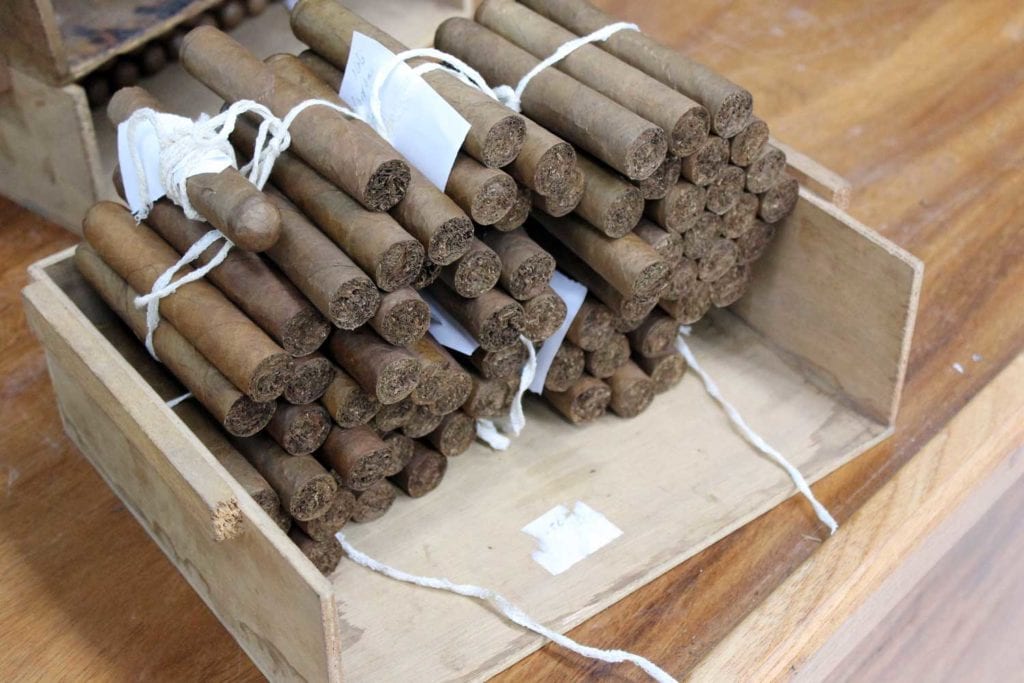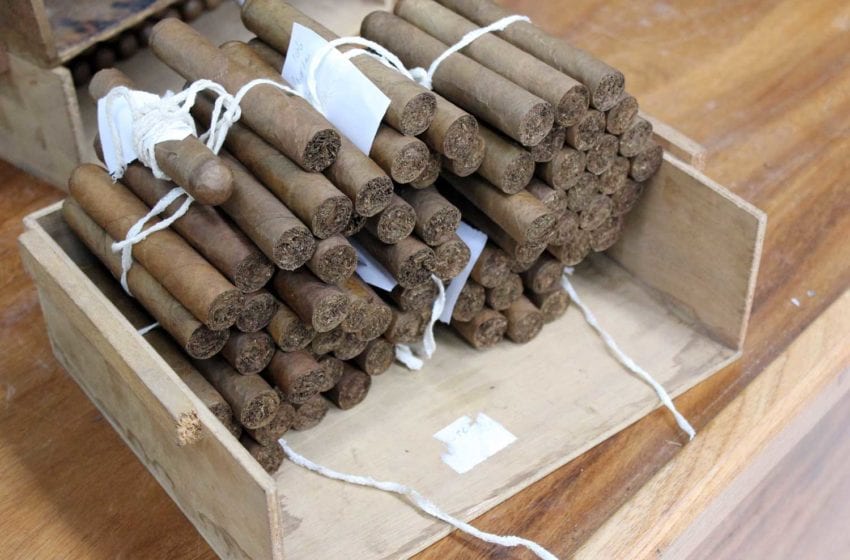
The Cigar Association of America (CAA) has published a new analysis showing the significant negative impacts the Food and Drug Administration’s proposed ban on flavored cigars would have on public health and law enforcement activities.
“Making flavored cigars illegal will not eliminate the demand for flavored cigars; it will only criminalize their sale and create illicit markets,” said CAA President David M. Ozgo in a statement. “The nation has seen this with marijuana and our failed experiment in alcohol prohibition in the 1920s.”
Earlier this month, the House Agriculture Appropriations Subcommittee approved language in the FDA’s 2024 appropriation that would effectively block the agency from enforcing the proposed ban, Ozgo said. “We applaud the appropriators for recognizing how damaging FDA’s proposed ban on flavored cigars would be.”
According to the CAA, the existing regulatory system for flavored cigars was designed to ensure that legal tobacco products are manufactured to meet established standards, undergo quality control measures, and prevent inclusion of unregulated ingredients that could pose health hazards to consumers.
Criminals, however, do not care about regulatory standards or quality control, Ozgo noted. The analysis shows how illicit tobacco products sold through criminal enterprises often contain dangerous contaminants such as asbestos and rat droppings.
“Further, FDA claims it will only enforce the flavored cigar ban against manufacturers and retailers, not against individuals,” the CAA wrote in a press note. “However, the report notes that nearly all states have cigar excise taxes, and all 50 states have laws that treat unlicensed tobacco sales as a serious crime.”
In written comments submitted to FDA, many law enforcement groups opposed the ban, including the National Association of Police Organizations, Federal Law Enforcement Officers Association Foundation, National Narcotics Officers Association Coalition, National Troopers Coalition and the National Organization of Black Law Enforcement Executives.
The groups pointed out they don’t enforce FDA law, but they do enforce state laws requiring that excise taxes be paid on cigars. Shifting resources to police a new crime—sale of untaxed flavored cigars—will mean reduced efforts to combat other criminal activity, according to the law enforcement groups.
The analysis also raises concerns that law enforcement efforts would fall disproportionately on minority populations. The National Black Chamber of Commerce stated in its FDA comments: “…enforcement of local laws against these transactions (flavored cigars) will certainly bring African Americans, already the subject of over policing, into further confrontations with law enforcement personnel.”
The Congress of Racial Equality also opposed the ban in its public comments, noting that the deaths of Eric Garner and Michael Brown at the hands of police involved tobacco enforcement. Michael Brown’s initial infraction was related to cigars and Garner’s to the sale of untaxed tobacco.











